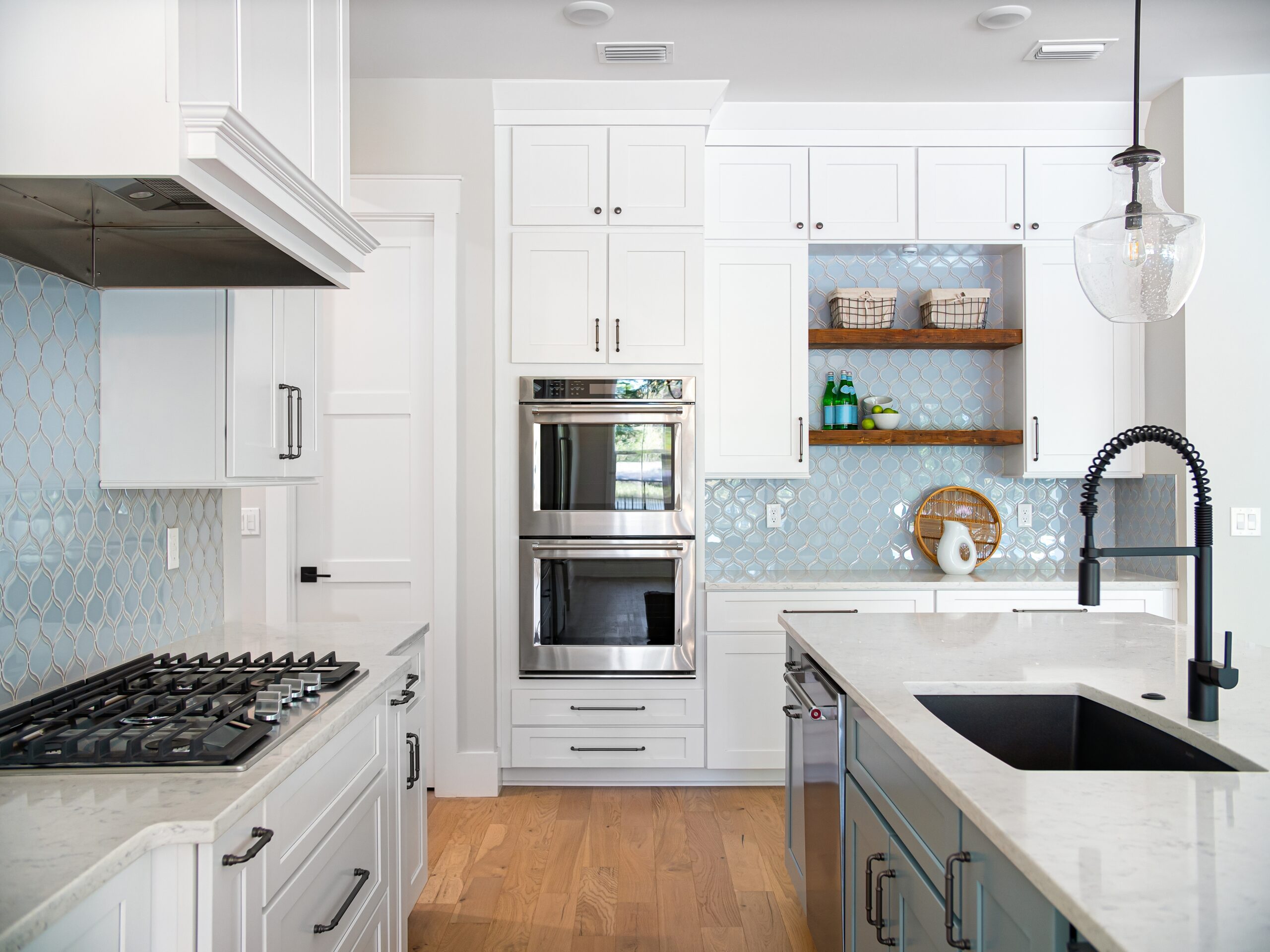What Do You Care About Most? Your New House Checklist of Requirements When Buying a Home
One of the more difficult and important aspects of property evaluation is making sure that the property you buy will satisfy needs that are specific, or even unique, to you. Many home buyers will have a general sense of what they care about most, but they don’t always put it into words. A new house checklist can help specify your requirements for a new home. The worst problems arise when the real estate agent or the inspector working with the buyer are not aware of your specific needs.
If a child requires special educational or medical resources, or if the family is bringing two of their horses from Montana, these needs tend to get communicated to real estate agents and attorneys. Problems tend to arise when the buyer has special needs that they don’t realize are so special or when they have needs that they don’t realize can’t be met in certain towns, neighborhoods, or housing developments.
Some examples:
- The Kitchen: An avid baker must have a double oven and a kitchen island to pursue her passion for pie. This is a real need and, though it’s obvious and manageable, personal preferences like this need to get communicated to your buyer agent early in the search process.
- Communications: A computer programmer who works from home is looking for a house in the mountains. His job requires that he has multiple phone lines, which he had installed in his previous three homes, but because of limitations in available lines the phone company will not install multiple lines in the home he just bought.
- Accessibility: A family with a child in a motorized wheelchair will have to consider aspects like entry and egress, tight turns, space in a garage, and bathroom accommodations. Older homes may not meet this family’s needs without modifications.
- Education: The parent of a grade-school child assumes that their college-bound child will eventually take Advanced Placement or International Baccalaureate classes when they reach high school, but doesn’t realize that the smaller high school serving the area where they’ve just purchased a home doesn’t offer any AP classes and doesn’t haven an IB program. It’s important to consider the schools.
- Hobbies: A shortwave radio fanatic buys in a neighborhood where the covenants preclude the use of shortwave radios or in a city or county that doesn’t allow her 90 foot antenna.
- Infrastructure: A sculptor needs to install a 220 volt electrical outlet for her welding torch and discovers that the home she just bought needs $3,000 in electrical upgrades in order for that outlet to be installed, or discovers that the lines feeding the rural area she bought in won’t allow upgraded electrical service to her home at any cost.
As a real estate buyer, you need to think long and hard about the activities and needs that are critical to you and consult with the appropriate experts to make sure that your new home will meet these needs. As buyer agents, we have years of experience helping buyers to carefully consider what’s most important.
Next Up
Contact Agents for Home Buyers! We can help you navigate all the pros and cons and potential risks of buying a home. It’s what we have been doing as buyer’s agents for 25 years.
- Property Condition: Inspections, building permits, termites and soils
- Health Hazards: Radon, lead, asbestos, mold and water quality
- Your Requirements: Does the home meet your needs?
- Neighborhood & Community: Airports, mines, flood zones, and crime
- Legal Issues: Zoning, ownership, and covenants
- Vacant Land: Buying land or a lot to build on
- New Construction: Buying from a home builder
- Condos and Townhomes: Buying into a Homeowners Association

